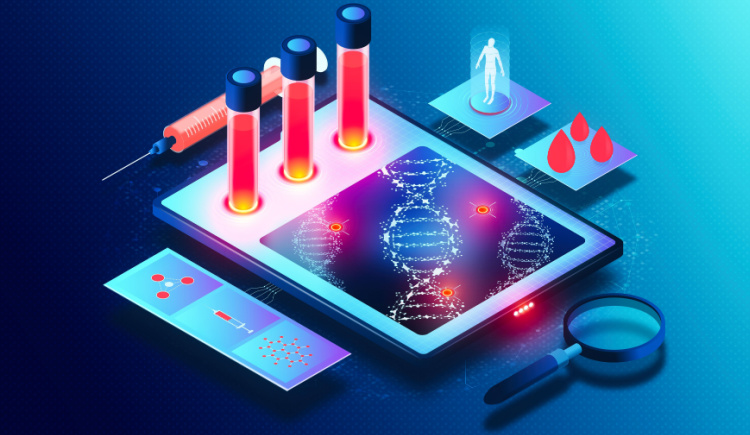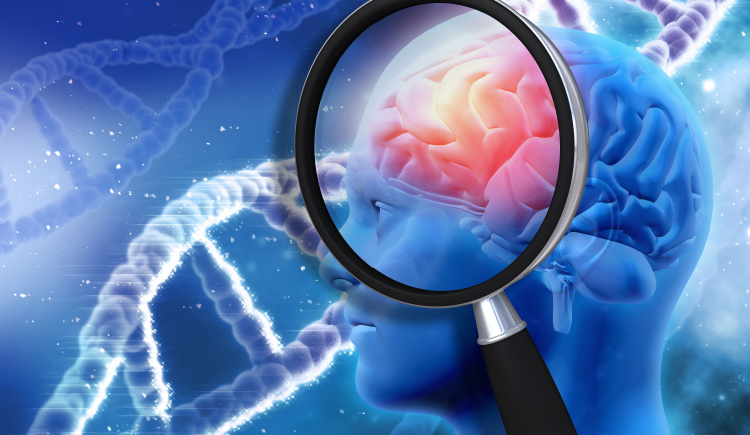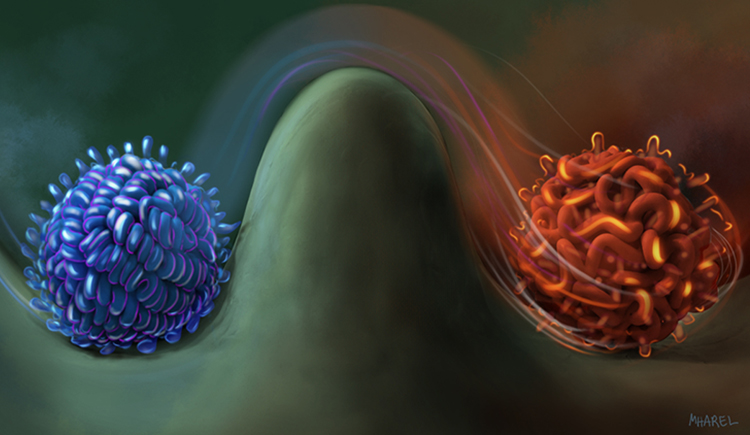
Single-Cell Epigenetic Analysis of Tumors
Cancer cells are highly heterogeneous, both at the transcriptional level and at their epigenetic state. While single cell RNA sequencing technologies have revolutionized our understanding of transcriptional heterogeneity, the plethora of histone post-translational modifications (PTMs) is still mainly analyzed using bulk methods. We adapted Cytometry by Time of Flight (CyTOF) to analyze a wide panel of histone modifications and chromatin regulators in various cancer models.







